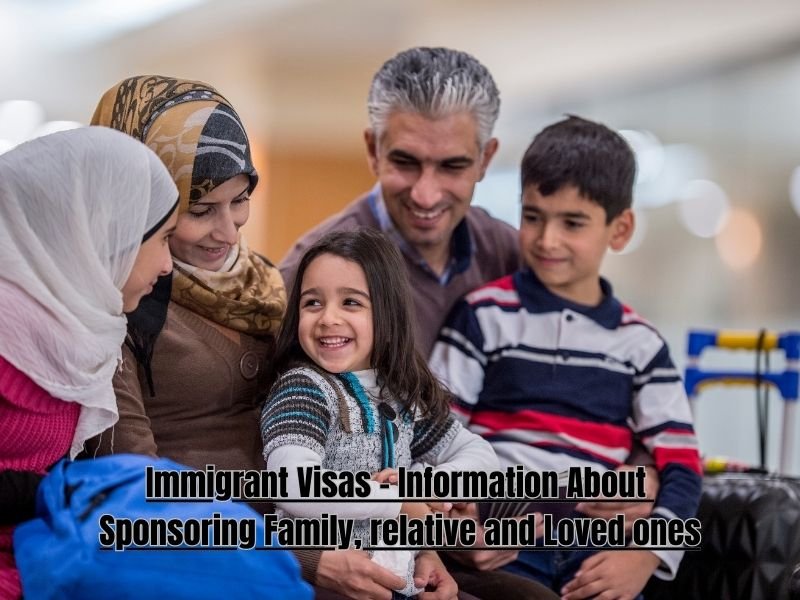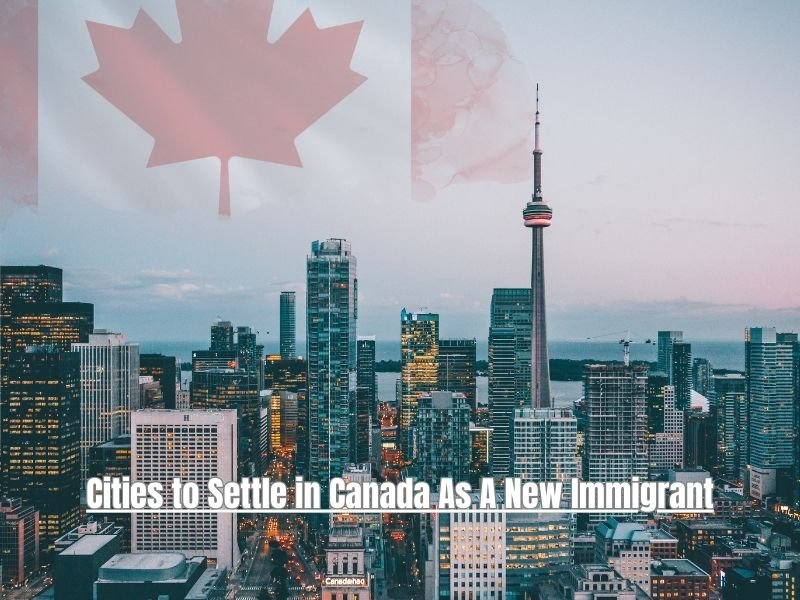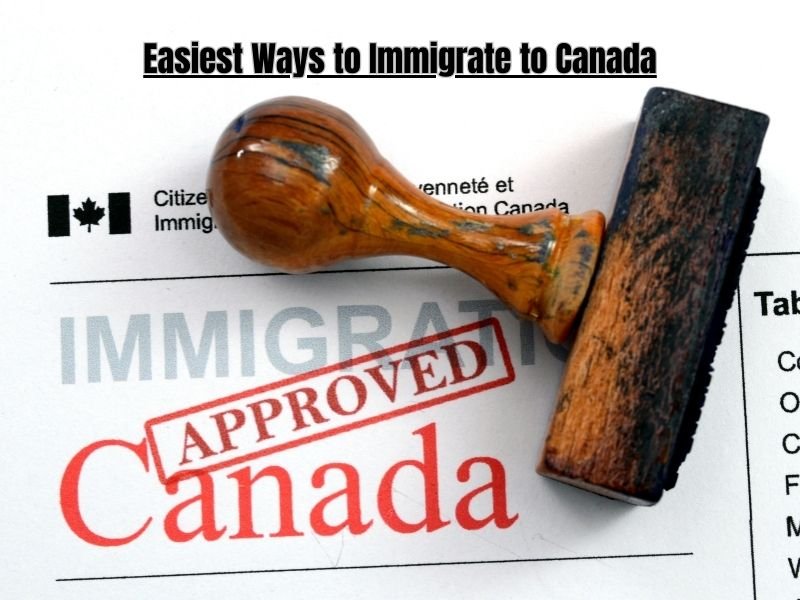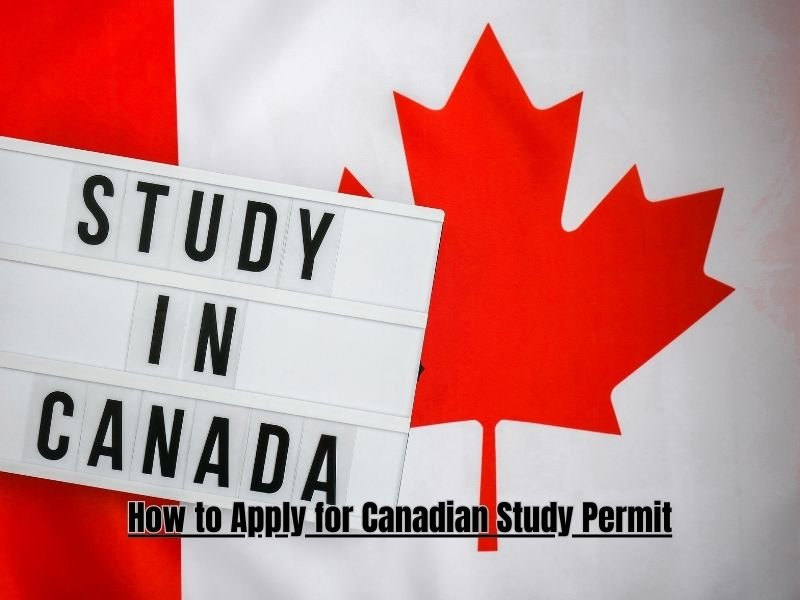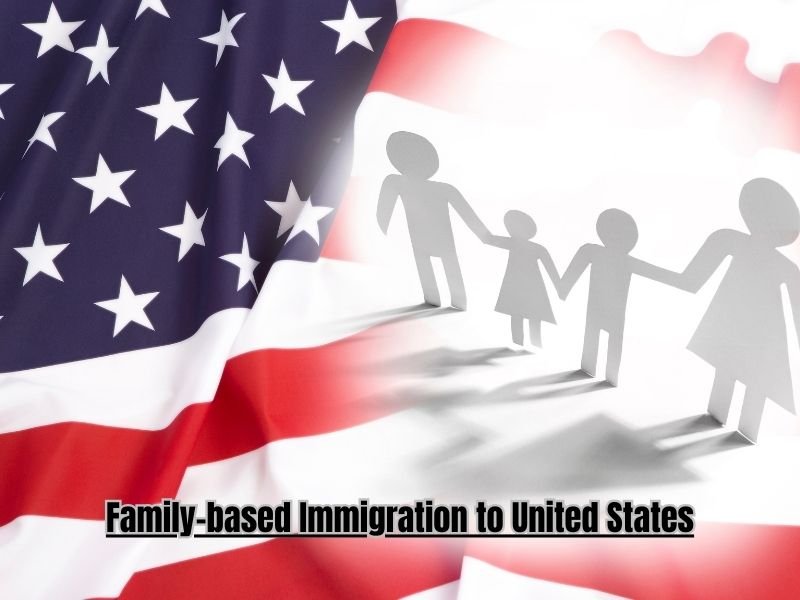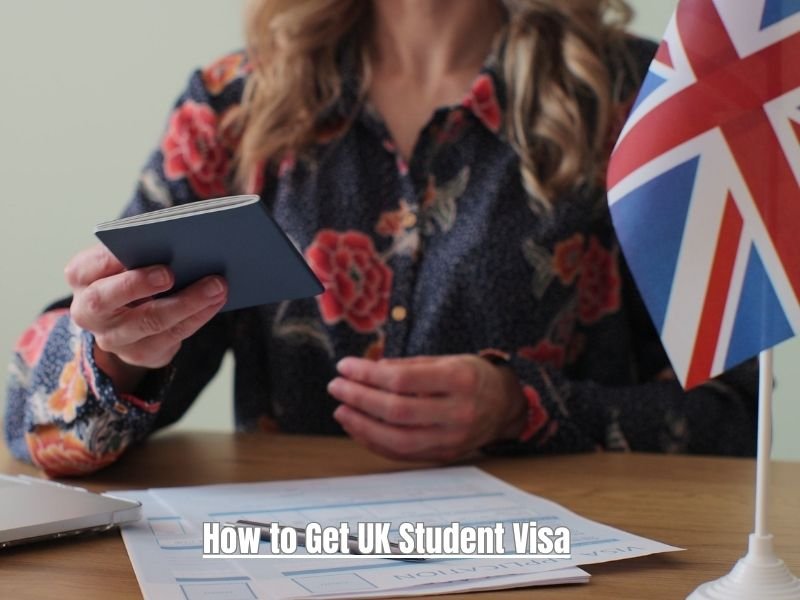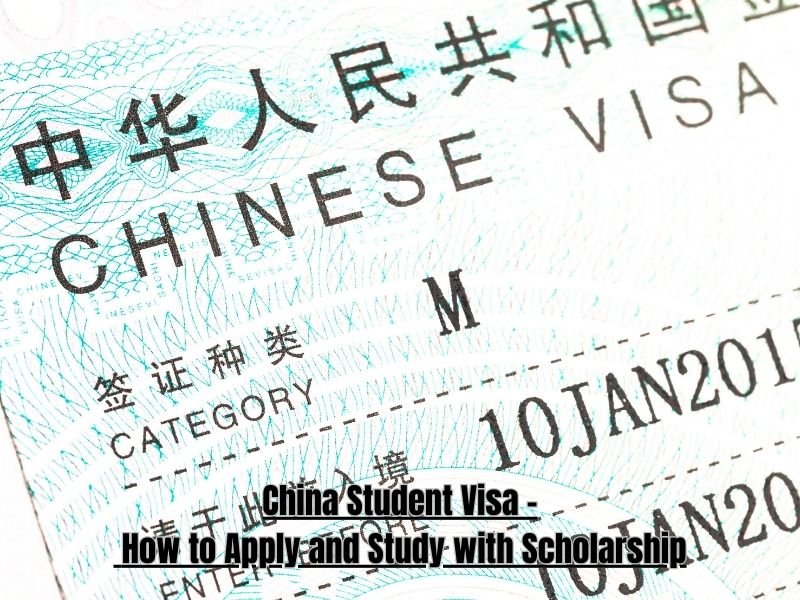Canadian Universities are beginning to offer free education to international students! This is a fantastic opportunity to study in a world-class country without having to worry about the cost of tuition. To help you take advantage of this opportunity, we’ve compiled a list of universities that are offering free education for the academic year.
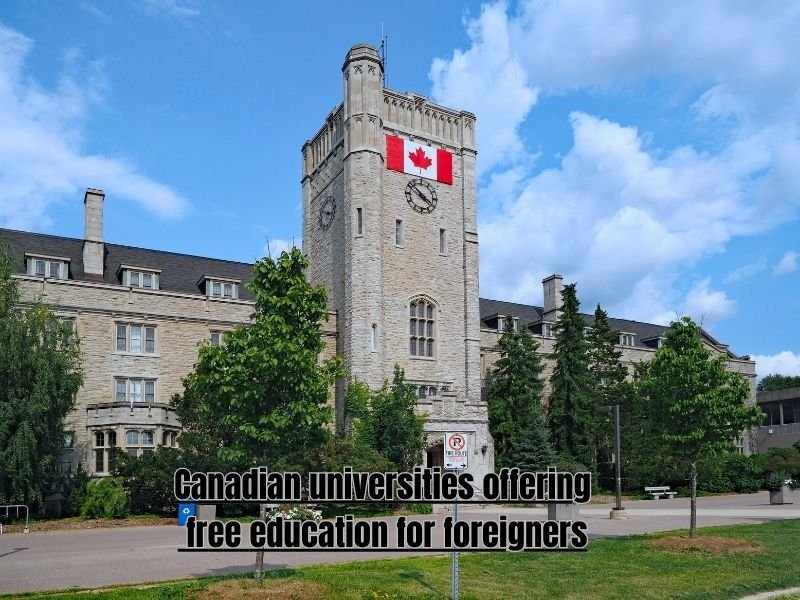
You may have heard that Canada has some of the best universities in the world. You might even think you’re going to need to pay top dollar just to get your hands on an undergraduate or graduate degree from one of these institutions, but this couldn’t be further from the truth! There are several universities in Canada that offer free education to students who meet certain criteria, such as foreign citizenship and not being able to afford tuition. Here are some of them (ordered by province).
However, these funded Universities’ scholarships offer free low-cost education at institutions and one can go have multiple benefits and financial and academic aid throughout the degree program without the IELTS requirements.
Moreover, dozens of Canadian universities have zero to minimal application fees for international students to make their educational journey smooth and comfortable. Indeed, getting a degree from Canada promises a secure and bright future at a minimum cost.
what is the possibility to study in Canada without paying any Tuition Fees?
Generally, there is a misapprehension that a few Canadian universities are tuition-free and application charges free. But it is not true at all. Studying in Canada without spending a dollar is likely impossible unless you have won a partially or fully-funded Canadian scholarship program or got selected for the tuition waiver program offered by the Canadian Government and Universities.
Such scholarships are available for Bachelor’s, Master’s, Doctorate, & Research Courses. However, tuition charges for some courses will waive only under specific conditions.
List of the Top Canadian Universities that offer free education for foreigners
Here is the list of the Canadian top Ten universities giving free education via generous scholarship schemes. Here is the list and also the following data.
- Wilfrid Laurier University
- Alberta University
- Capilano University
- McGill University
- Thompson Rivers University
- York University
- MacEwan University
- Cape Breton University
- University of Lethbridge
- Uniprix
below are the full details of the listed universities Above
1. Wilfrid Laurier University:
International Undergrad students can study here without paying a single penny if they apply for the tuition fee exemption. An exemption certificate will be given to such candidates to get free education here for the Bachelor’s degree program. Meanwhile, graduate or postgraduate students can avail of Canadian scholarship opportunities to make their higher studies fully funded or at least partially funded.
Wilfrid Laurier University scholarships include President’s Gold Scholarship, Laurier Scholars Awards, Pauline Spencer Award, Competitive Scholarships, and all.
2. University of Alberta:
The University of Alberta is one of the top universities in Canada, offering a range of undergraduate and graduate programs. For international students, the university provides a number of scholarships and bursaries. In addition, the university has a number of programs that allow students to work while they study, which can help offset the cost of tuition. As well, there are scholarship opportunities available exclusively for international students. Lastly, all levels of the university offer programs taught in English.
Moreover, interested applicants can apply for the Regional Excellence Scholarships, Gold-Standard Scholarships, International Admission Scholarships, International leadership Scholarships, etc.
Apply for the scholarships, like Beng Choo Tay Memorial Award, Beedie Luminaries Scholarships, BDO Canada LLP Scholarship, etc., and enjoy your studies with no financial stress related to the tuition fees, dorm charges, food & books costs, etc.
3. Capilano University:
Unlike the other universities, Capilano University offers a few courses free of any tuition cost for permanent Canadian residents and citizens. Meanwhile, students above 65 years will also get tuition-free education. However, other eligible international candidates enrolled in their undergrad, postgrad, diploma, or certificate programs can make their educational journey tension-free via funded scholarship programs.
Apply for the scholarships, like Beng Choo Tay Memorial Award, Beedie Luminaries Scholarships, BDO Canada LLP Scholarship, etc., and enjoy your studies with no financial stress related to the tuition fees, dorm charges, food & books costs, etc.
4. McGill University:
Are you planning to study in Canada for free? If yes, get enrolled in the McGill university under BS, MS, or Ph.D. programs and submit the application for funded scholarships to get sponsorship benefits till the degree completes. There are multiple scholarship programs open for overseas students, like Entrance Scholarships, Renewable Scholarships, Music In-course Awards, etc.
5. Thompson Rivers University:
If you have enrolled in Thompson Rivers University before the age of 27 in an undergrad degree, you can make your education free via the Provincial Tuition Waiver program. Also, staff employees and their family members will get fee waivers for on-campus courses.
Another approach to enjoying free education at Thompson Rivers University is to receive scholarship awards, including full fee waivers and living and lodging expenses. A variety of available scholarships are there for international students, like Ken Lepin Graduate Student Awards, Youth-in-Care Returning Award, TRU President’s Entrance Scholarship, etc
6. York University:
The York University in Canada has made its name in the world for providing quality and low-cost education to interested and eligible international candidates via valuable scholarship schemes. Get your educational degree fully financed via the following funded Canadian scholarships; York Automatic Entrance Scholarship, President’s International Scholarship, Tentanda Via Award, Lassonde Entrance Scholarships, etc.
7. MacEwan University:
The very famous MacEwan University does not charge tuition costs to overseas students due to funded scholarship programs. These scholarships not only give fee waivers for every degree program but also provide financial coverage for the other mandatory academic expenses. Students can avail this chance and apply for the Dean’s Scholarship, Provost’s Scholarship, President’s Scholarship, etc.
8. Cape Breton University:
Cape Breton University believes in removing all kinds of barriers affecting passionate youth to achieve post-secondary education in Canada. For this purpose, the tuition fee waiver program has been initiated that waives tuition and other compulsory fees for overseas and domestic students.
Moreover, their notable scholarships also help students to cover the maximum or full cost of degree programs. Eligible candidates can apply for Fitzgerald Entrance Scholarship, Schwartz Scholarship, Chancellor’s Scholarship, and many more like that.
9. University of Lethbridge:
The University of Lethbridge is famous for giving tuition fee exemptions to students who are in debt and cannot pay their tuition costs for degree programs. Hence, these students can receive free education without any extra charges. On the other hand, Lethbridge University’s valuable Canadian scholarships also support the students in completing their degrees with full tuition fee coverages and scholarship rewards. Available scholarships at the University of Lethbridge are (BOG) Admission Scholarships, Post-Diploma Awards, Indigenous Awards, and so on.
10. Uniprix
Many people are surprised to learn that there are a number of universities in Canada that offer free education to international students. In fact, Uniprix is one of them! Uniprix offers a number of programs that are completely free for foreign students to study. So if you’re looking for an affordable place to get a great education, look no further than Uniprix!
List of Other Canadian Universities
Here is the list:
- University of Waterloo
- Fraser Valley University
- Laval University
- Athabasca University
- University of British Columbia
- Ryerson University
- Guelph University
- King’s University
- Ottawa University
- McMaster University
- Dalhousie University
- Queens University
- Université De Sherbrooke
- University of Toronto
- Calgary University
- Université de Montréal
